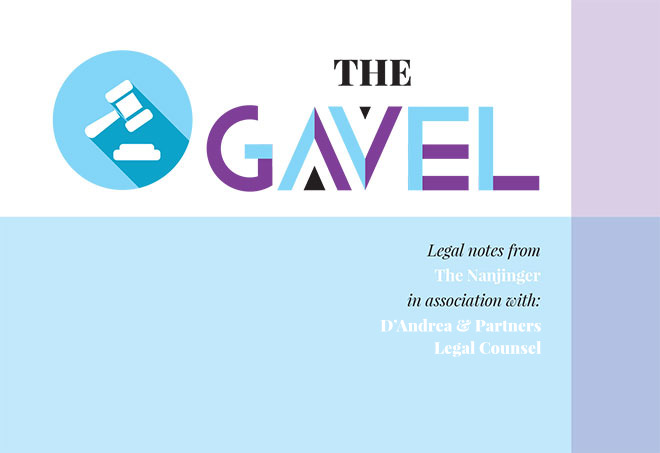The start of a new year breathes new life into our world, and for China, a new law, the first of its kind, aims to bring about a similar new lease of life to the forever hot topic of China environmental safety, and specifically to soil pollution.
The Standing Committee of the National People’s Congress passed the nation’s first law dedicated to soil protection and pollution prevention on 31 August 31, 2018, coming into effect from 1 January, 2019. Land use right holders and manufacturers in China should expect effective and wide-sweeping changes in terms of environmental protection.
War on Pollution
Soil pollution perhaps gets less attention than that of water or air; as years can go by before the true effect of the damage can be realised. However, the nation’s soil has become yet another victim of progress, as intensive mining, together with the use of fertilisers and toxic chemicals have brought about significant damage to the land.
Previous legislation only addressed the issue sparingly in a variety of provisions in different laws and regulations, resulting in legal loopholes and ambiguity for affected companies.
- A Legal Dose of Desire
- Technological Advancement’s Effects on Copyright
- A New Virus; QR Code Theft in China
Although specific implementation measures are yet to be developed by relevant government organs, the new law provides much-needed guidance and mechanisms, especially in the investigation, prevention and clean up of soil pollution.
New Standards
The new law follows the “polluter pays” principle, which requires land-use rights holders to investigate and assess soil conditions upon the occurrence of pollution or transfer of property. The land-use rights holder or the state may then pursue claims against the responsible parties.
Under the new legislation, the land use right holder will be required to investigate the status of soil pollution. If such reveals pollution in excess of relevant standards, the party responsible for the pollution and the land use right holder must complete and file a risk assessment report thereon. The authorities may then include the plot in a list of construction land subject to soil pollution risk management, control and restoration, in which case the party responsible for the soil pollution must take measures to manage and control soil pollution risks.
If restoration is required, the polluter must prepare a restoration plan, which also covers prevention and the cleaning up of polluted groundwater. Once completed, the polluter must engage an independent entity to evaluate the results of its risk management and control and restoration measures.
- Human Organ Transplantation in China
- Statute of Limitations on Civil Proceedings in China
- Hiring Graduates; the Tripartite Agreement
In cases where it is impossible to identify the party responsible for the soil pollution, the land use right holder must undertake the risk management, control and restoration. The law requires the Ministry of Environment and Ecology (MEE), together with related departments, both at national and local levels, to develop measures for determining the party responsible.
Transparency
A lack of transparency in the past has meant that the Chinese public have remained relatively unaware of serious and long-standing soil pollution issues. The new law will see the creation of a system which may finally make information on soil pollution available to the public; national surveys of soil pollution will become regular events as the new law requires one at least every decade. The new law also aims to severely punish companies and individuals in the soil pollution control industry for producing fake reports.
Heralded as a breakthrough in the arena of environmental protection and food safety in China, an area that has undoubtedly plagued the country in the last few decades, the new law will ensure that companies operating in China review their environmental management practices with respect to identifying and addressing contamination. This will also undoubtedly result in an increased focus on environmental liabilities in corporate mergers and acquisitions as businesses adapt to the new legislation.
DISCLAIMER
This article is intended solely for informational purposes and does not constitute legal advice. Although the information in this article was obtained from reliable official sources, no guarantee is made with regard to its accuracy and completeness.









